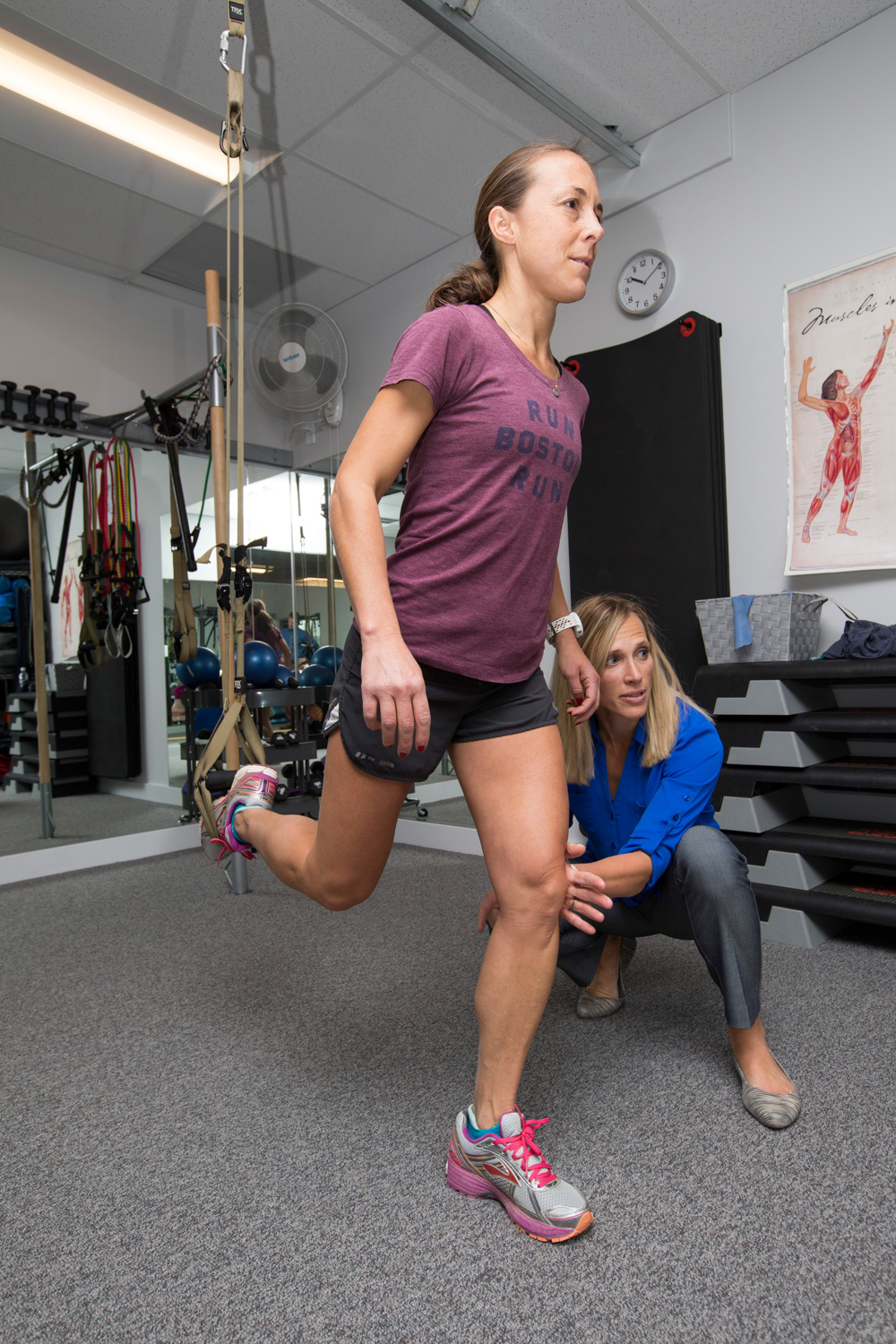Patellofemoral pain (PFP) is characterized by diffuse pain behind or around the patella or knee cap. It occurs when the knee is loaded and bent with activities such as: running, jumping, squatting or ascending/descending stairs. The prevalence of PFP is 22.7% in both adults and adolescents, and with the inherit link between PFP and Knee Osteoarthritis, further investigation is warranted to look at the factors contributing to PFP in order to develop successful injury prevention programs. A recent article was published on predictive variables for future development PFP (Bradley et al. BJSM 2018).
The authors reviewed 18 prospective studies, including over 4,800 participants (Military, Runners, Adolescents) to investigate factors contributing to PFP. Factors contributing included: weakness in quadriceps and increased baseline hip abduction strength. Contrary to past evidence, there is no change in likelihood of developing PFP with sex, BMI or Q angle of hips and knees. Targeting quadriceps and hip strengthening exercises, as well as, assessing movement mechanics are appropriate interventions and preventative treatments for PFP.
Click Here to schedule an appointment with the experts at MEND to learn more about your strength and movement.

